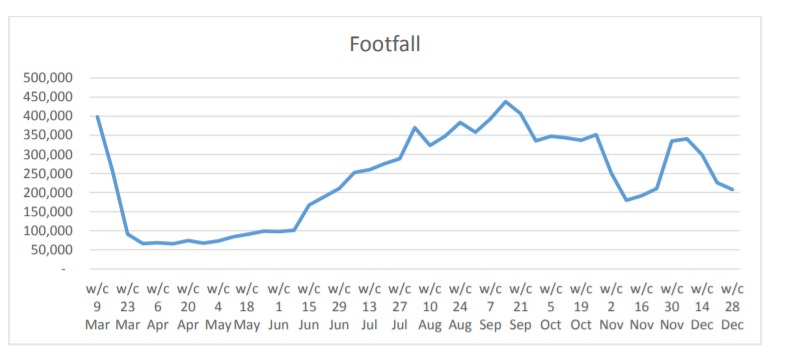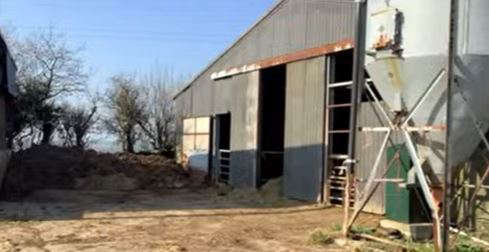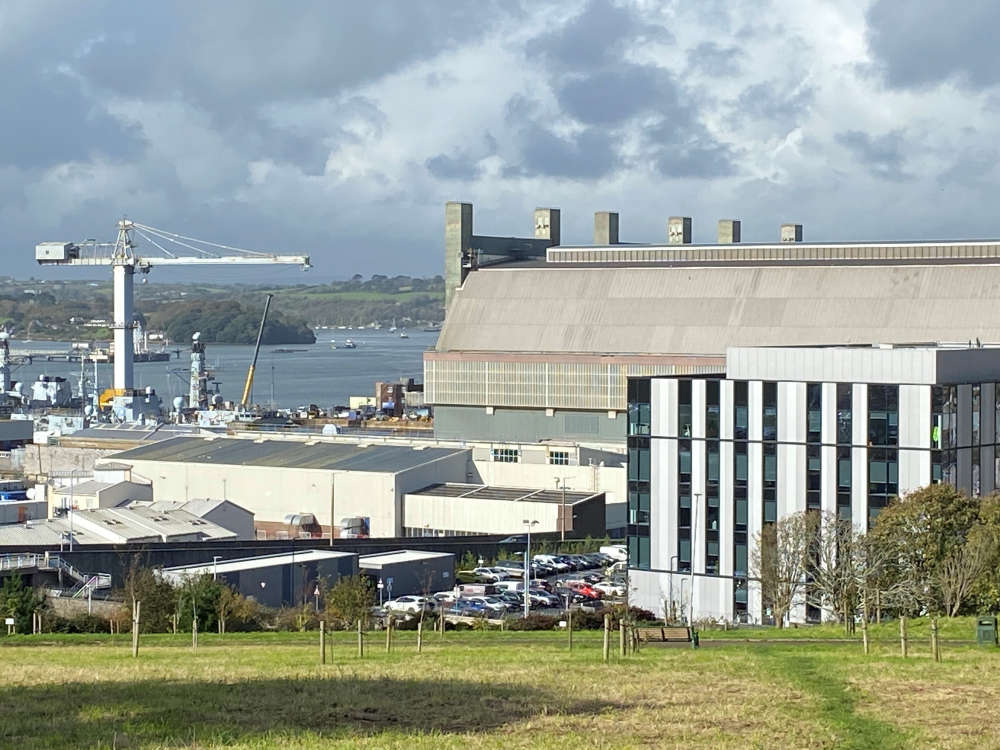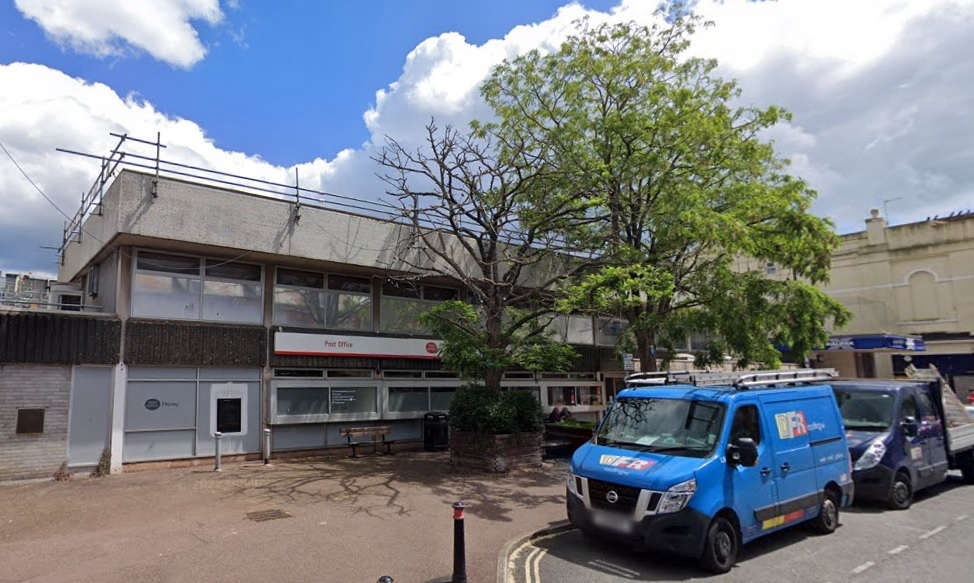
Exeter Chamber reports severe impact of crisis
More than half of Exeter’s businesses are facing a fight to survive the next 12 months because of the impact of covid, according to new research from Exeter Chamber of Commerce.
A survey of its members, who come from around the Greater Exeter area,, found 57 per cent are facing a severe impact from the current restrictions, up from last November.
Decreased bookings /sales / demand for services (74 per cent), event cancellation (47 per cent), cashflow issues (42 per cent) and travel restrictions to visit customers or suppliers (38 per cent) were the main causes.
Worryingly, 39 per cent indicated that their business can continue to operate for no more than six months, with 19 per cent indicating they only have between six and 12 months left.
Chamber chair Clodagh Murphy said: “Businesses are continuing to see severe impacts from the series of lockdowns and trading restrictions over the last year. Owners are fatigued from continuous re-planning and need to see a roadmap from government, in line with the vaccine programme, outlining their plans to lift restrictions and what support will be available to business owners over that period. This is vital to save otherwise viable businesses from failure.
“Locally, we urge local authorities to issue grants quickly and efficiently. The Chamber promises the business community that it will continue to press for support on their behalf and act as a conduit to get info to businesses as a matter of urgency.”
Figures presented to Exeter City Council’s Strategic Scrutiny Committee las week showed how trends have changed in the city centre and on businesses as a result of the lockdowns over the past year.
A report by Victoria Hatfield, growth and commercialisation manager at Exeter City Council outlined that online sales now account for 31 per cent of sales compared 20 per cent in February 2020, and online sales are 75 per cent higher than last year.
Household goods sales were up 15 per cent year on year reflecting rising DIY sales (now up 46 per cent) as households made use of click and collect and completed home improvements during the lockdown period, but clothing & Footwear store sales fell 19 per cent in the month (with sales moving online), and fuel sales also fell by 17 per cent during the month.
Her report added: “Overall, car park ticket sales are still down approximately 27 per cent comparing 2020 to 2019, which is having a dramatic effect on income levels.
“The large number of people working from home is having a negative impact on car park income. The trend of working from home is likely to continue for the foreseeable future, in line with government guidance, and from discussions with the Chamber of Commerce and direct with businesses, they are negotiating lease agreements to reduce space rented in the city centre, which will have a longer term impact on the city centre.
“The number of people working from home is also having an impact in the city centre – a reduction in spend in shops, cafes and restaurants. The lunchtime market is very important to the city centre, this market supports a wide range of businesses and jobs, but if the trend of working from home (permanently or flexible) is permanent, city centres will need to adjust accordingly.
“The latest Business Impact of Coronavirus survey undertaken by the ONS, reveals that around more than one-third (36 per cent) of employees are working remotely instead of their normal place of work. This figure is much higher in Exeter, at 65 per cent.”
She added that 45 shops have closed in the city since March 2020, mainly national chains. Fifteen shops opened.
“They are predominantly independent shops, with a trend for city centre locations,” she said. “It’s very encouraging that individuals and some chains are choosing to open a new business during national restrictions in Exeter. When speaking with other Local Authorities, this isn’t the case in their town and city centres.”
And she said that while residents’ and business ate struggling with the effect of the pandemic and it is a challenging time for all, when you look at data and compare Exeter to other cities, ‘we are not doing too bad compared to other places and Exeter is in the top 10 cities for footfall recovery, which bodes well for the recovery of the city’.
Cllr Rob Hannaford asked how the council was planning for what Exeter might look like as and when the restrictions life. He said: “We will never go back to how it was before as footfall habits and retail habits changed, and office space not being used, so will we have to look at reallocate office space to residential, which isn’t necessarily a bad thing as more people in the city centre will shop locally.”
In response, she said that the pandemic has sped up changes in the retail economy, with the reductions in retail sale volumes, particularly around textile clothing and footwear, which represents a large number of stores on the high street.
 Livestock processing plant refused at Shebbear
Livestock processing plant refused at Shebbear
 Two Devon warships could be sold to Brazil
Two Devon warships could be sold to Brazil
 Devon police dog honoured
Devon police dog honoured
 Schizophrenic knifeman given indefinite hospital order
Schizophrenic knifeman given indefinite hospital order
 Paignton Post Office petition goes to parliament
Paignton Post Office petition goes to parliament
